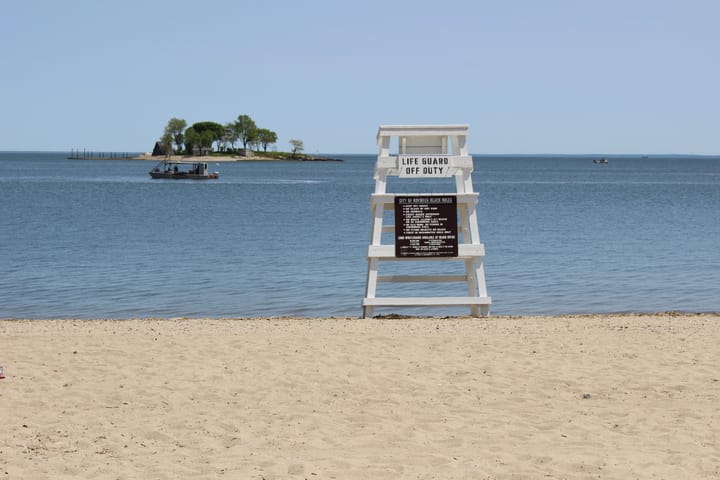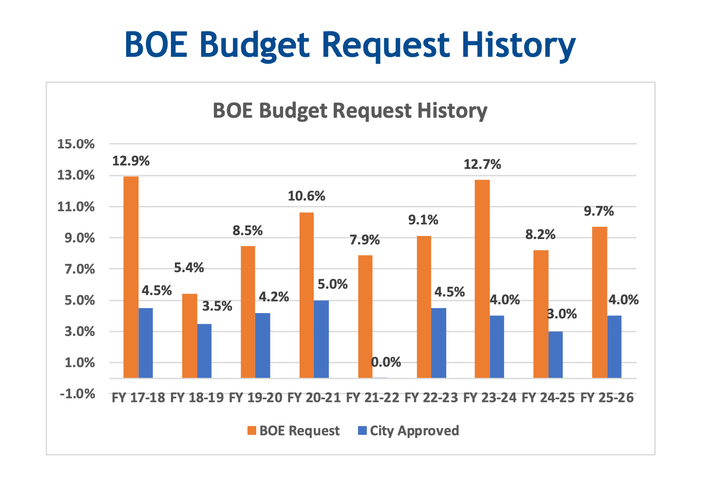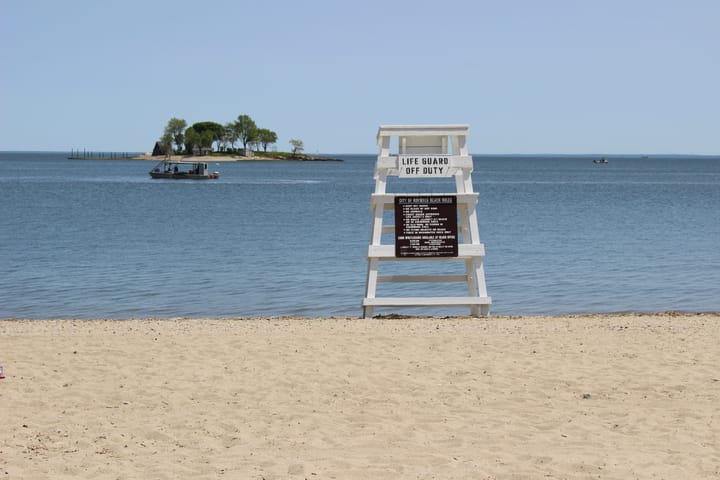Exploring Greenwich's ARPA Funds
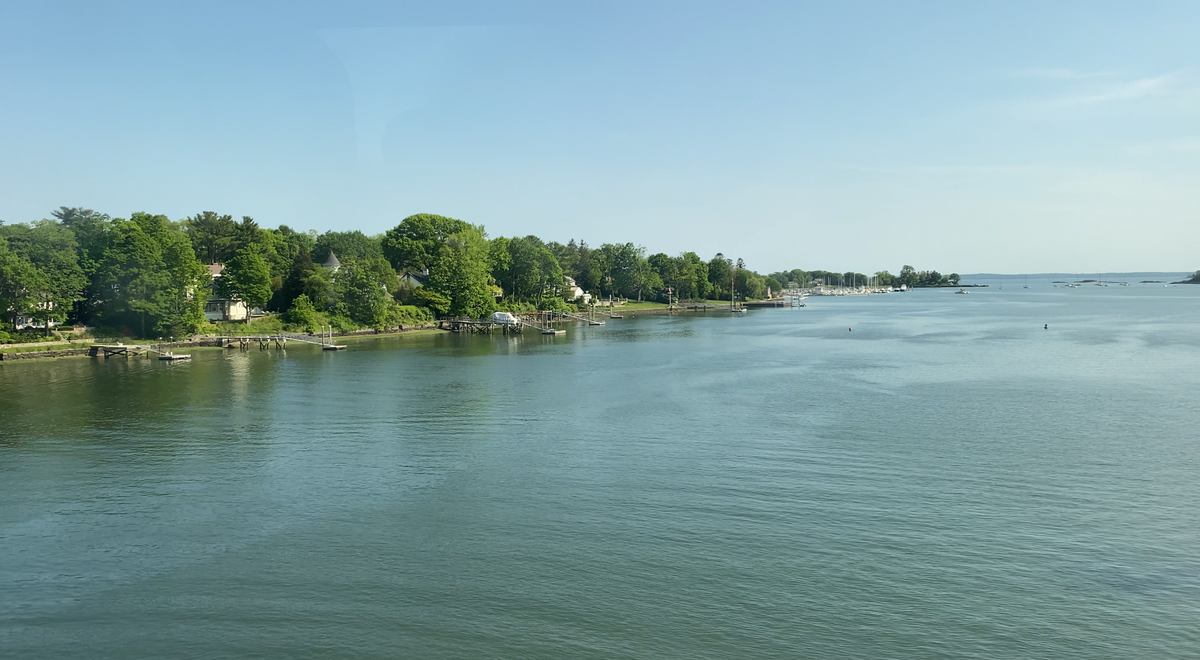
The Greenwich Working Group: American Rescue Plan is tasked with putting the projects and plans in place to spend the town's more than $31 million in federal ARPA funds.
More than 80 potential projects were initially identified, according to Town Administrator Ben Branyan. After working with department heads and the committee members, Branyan presented 16 potential projects divided into the following categories: affordable housing, HVAC, stormwater and sewers, and responding to negative economic impact.
These categories and projects are still just proposed ideas—for the most part—as there were some questions from commissioners about the division of the funding among those categories.
Let's take a look at the proposed projects in these categories.
Affordable Housing: $1,800,000
This would be used as seed funding for the town’s Affordable Housing Trust, which plans to be fully functional by mid-2022. The trust plans to provide financial support for developers as a way to help them building affordable housing that aligns with “local zoning and the existing scale of neighborhoods,” as well subsidizing creating affordable housing in existing buildings.
The town’s low and moderate income residents were the ones hardest hit by the COVID-19 pandemic, according to city officials. The funding would allow the trust to “solicit applications from the affordable housing development community to ... create more housing for this economically challenged segment of our community.”
HVAC: $7,850,000
The town has identified three projects to improvement air flow, quality, and more:
- Western Middle School HVAC: $6,800,000 to improve indoor air quality. This project would include the design and installation of a new HVAC system that is similar to others, such as at Eastern Middle School and North Mianus Elementary School, and would allow the district to get rid of its window units.
- Library: $100,000 for anti-microbial ionization units that help mitigate the risk of airborne microbes.
- The Nathaniel Witherell: $950,000 for HVAC enhancements. The funding would cover evaluation of the facility’s needs to increase filtration and airflow throughout the building, as well as the design, replacement, and upgrade costs.
Water and Sewer: $18,650,000
Drainage, pump station updates, and resiliency improvements topped the list of needs for the town. The projects include:
- Den Lane Pump Station Upgrade—Design and Construction: $3,000,000. This project aims to improve the resiliency of the station with rehabilitation efforts and reduce its flood vulnerability by moving the electrical systems and controls above flood elevations.
- Cos Cob Pump Station Upgrade—Design and Construction: $10,400,00. This project plans to address paint contamination issues within the station, improve its ability to handle wastewater flows, increase its resiliency, and reduce its flood issues by putting electrical systems and controls above the FEMA flood zones.
- Grass Island Headworks Upgrade—Design and HVAC upgrade design: $2,000,000. The funding would go toward engineering designs for the pumps that bring raw sewage into the plant, as well as HVAC upgrades.
- Pemberwick Park Drainage Improvements: $2,000,000. A stormwater management project that aims to reduce flooding in the area around Pemberwick Road, Moshier Street, Almira Drive, and Dale Drive.
- Byram River Levee Maintenance: $500,000. This project will review the levee area, and performance storm drain, debris, and vegetation management. An inspection after Tropical Storm Ida showed that there were trees and other items in the levee that need to be removed, along with drainage sections that need to be cleaned and fixed.
- Harding Road Drainage Improvements: $750,000. The funding will help develop construction plans for installing stormwater drainage infrastructure, including repairs, new catch basins, manholes, and underground pipes, around the new Eastern Greenwich Civic Center, including the Forest Avenue and Harding Road area.
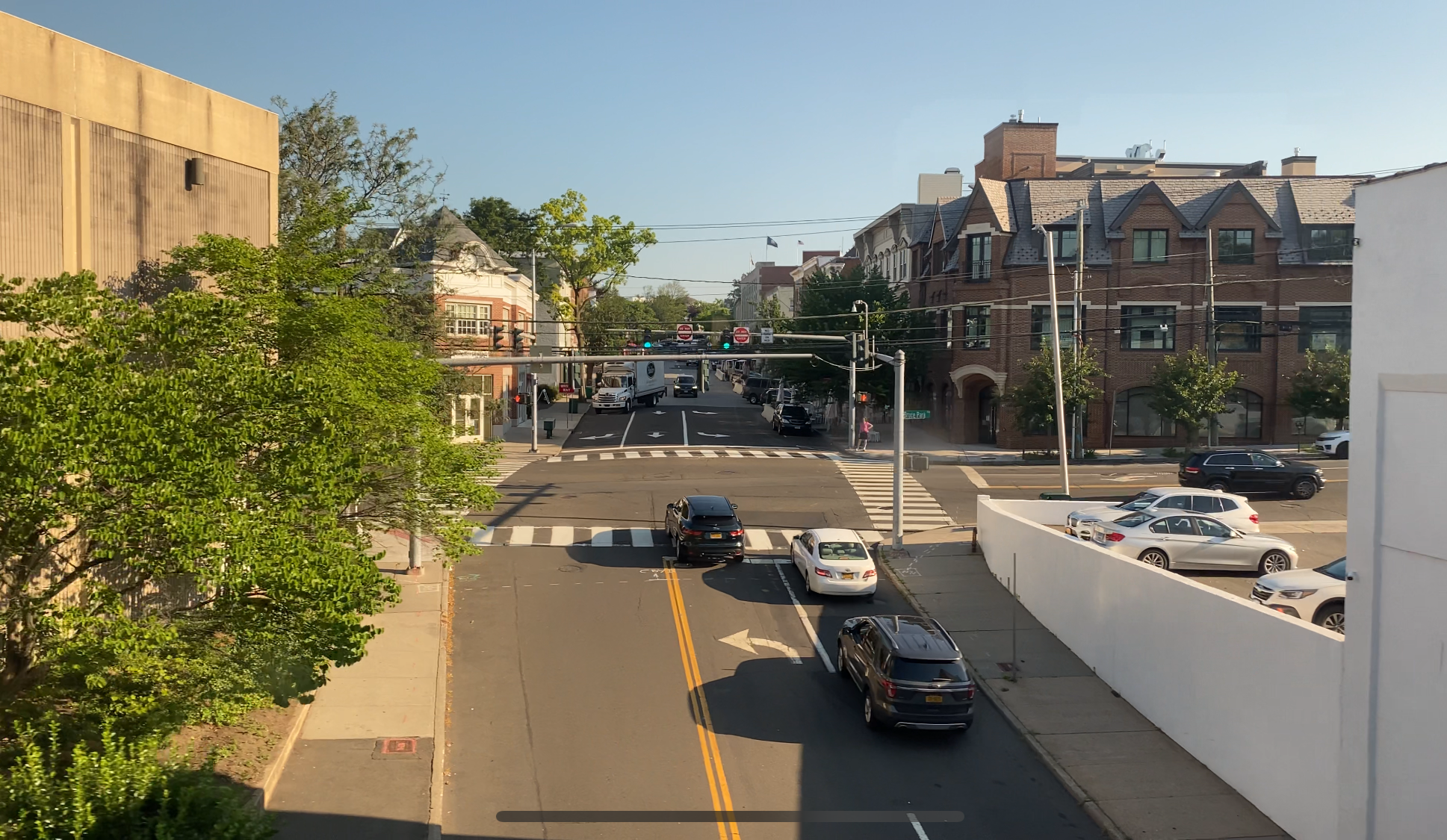
Reducing the Negative Economic Impact:
From providing support for public health and nonprofits to improving the city’s fields and parks, town officials hope that this funding can help the community in its recovery from the pandemic.
$1,000,000 to address behavioral health support, food insecurity, housing stability, and direct financial aid. Greenwich United Way and other organizations helped highlight needs in the community. This funding will be divided into the following:
- $229,000 for a pilot program featuring expanded aftercare services for preschoolers by the BANC after school program at the New Lebanon School to help provide some childcare relief for families.
- $300,000 for nonprofits to fund initiatives that address behavioral health concerns, particularly mental health issues and substance use disorders. More than 40% of residents in southwestern Connecticut who responded to a survey by The Hub— the behavioral health action organization for the area—reported experiencing anxiety and depression. That’s more than doubled since before the pandemic.
- $200,000 for clinical financial assistance to families who are experiencing financial hardships and are struggling to pay rent or other expenses. Clients of the Greenwich Department of Human Services who have incomes between 300% of the federal poverty level and 80% of the area median income—between $79,000 and $95,000 for a family of four—would be eligible to start.
- $146,000 for a youth services bureau administrator. This position, which is currently part-time, would coordinate the Juvenile Review Board—a diversion process for youths with minor first-time violations—and the Interagency Team—which brings together community organizations to provide supports and services to students and their families who are in academic jeopardy due to lack of engagement or behavioral issues.
- $125,000 for TechCONNECT, a program for seniors in Greenwich that would provide a laptop, internet installation, and service for a year, along with technology focused educational sessions. Potential participants would be 62+ and have incomes that are 80% of the area median income or less—or $66,500 or less for a household of one. About 17% of the town’s population is older than 65 and about 5% of them are below the poverty line.
$1,000,000 to support for nonprofit organizations impacted by the pandemic. The town put out a request for proposals that were due back in early January, where nonprofits were asked to submit plans for “program and project funding that fit the criteria of assistance to nonprofits to respond to the public health emergency or its negative economic impacts.” Proposals that align with the town’s POCD and/or its Community Development Block Grant plan, that make noticeable changes, and that direct their investment/impact to serving disadvantaged communities, businesses, or disparities caused by the pandemic will be most likely to be recommended. The committee will review the proposals and make a recommendation to the Board of Estimate and Taxation by February.
$600,000 for a field improvement program. This project aims to bring drainage improvements to town fields to reduce weather-related closures.
$150,000 for an ADA master plan for parks. The goal of this project will be to get guidance on reconfiguring access to the parks, outdoor public spaces, and other amenities to make them more accessible to people with disabilities.
$270,267 for a public health education specialist. This position will support public health education, help decrease the spread of the virus, and improve vaccine confidence. The funding would be for two years and include benefits and technology costs.
Greenwich’s First Selectman Fred Camillo said that he plans to hold a public hearing early in 2022 to review proposals for ARPA funding with members of the community.

